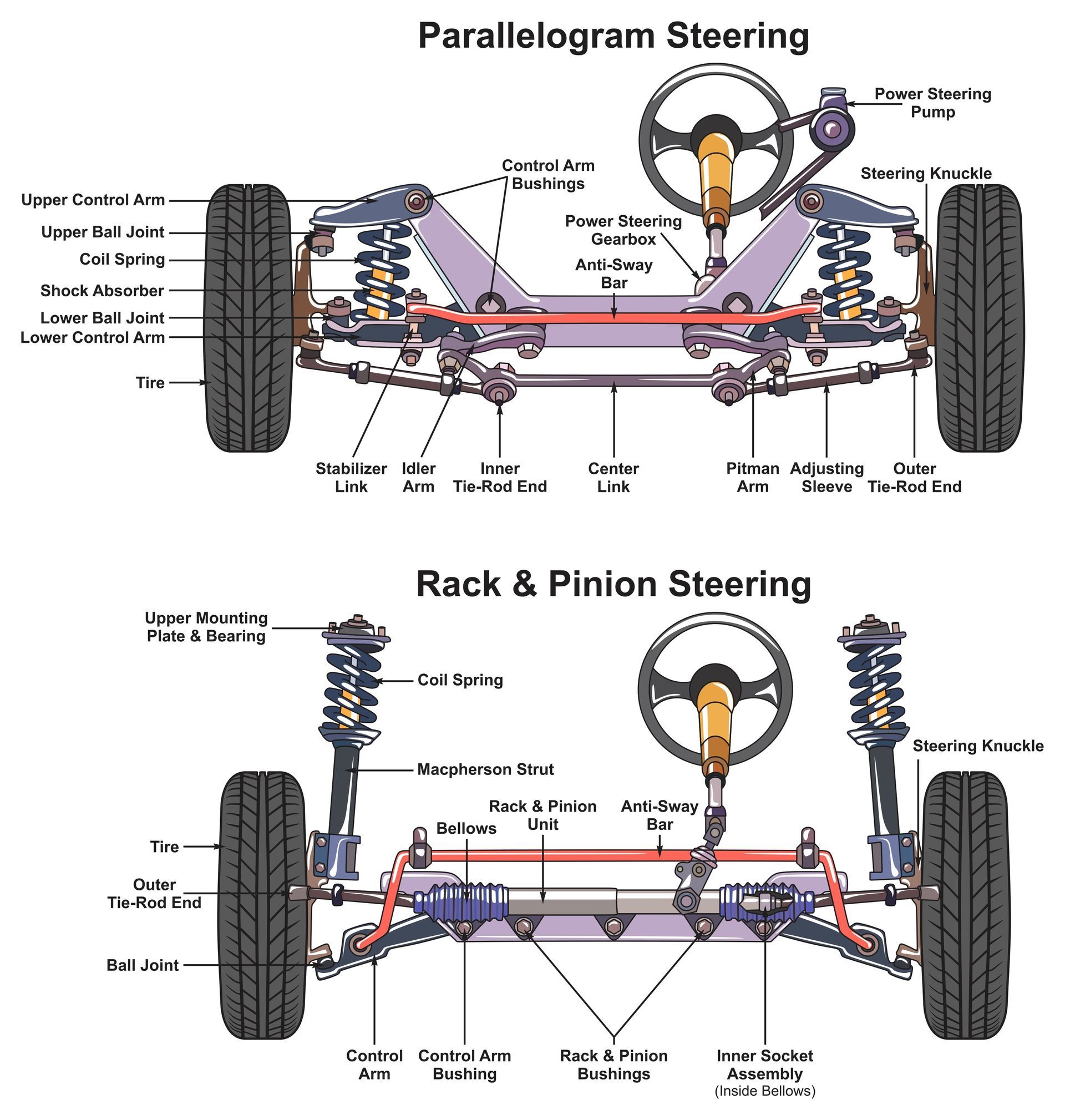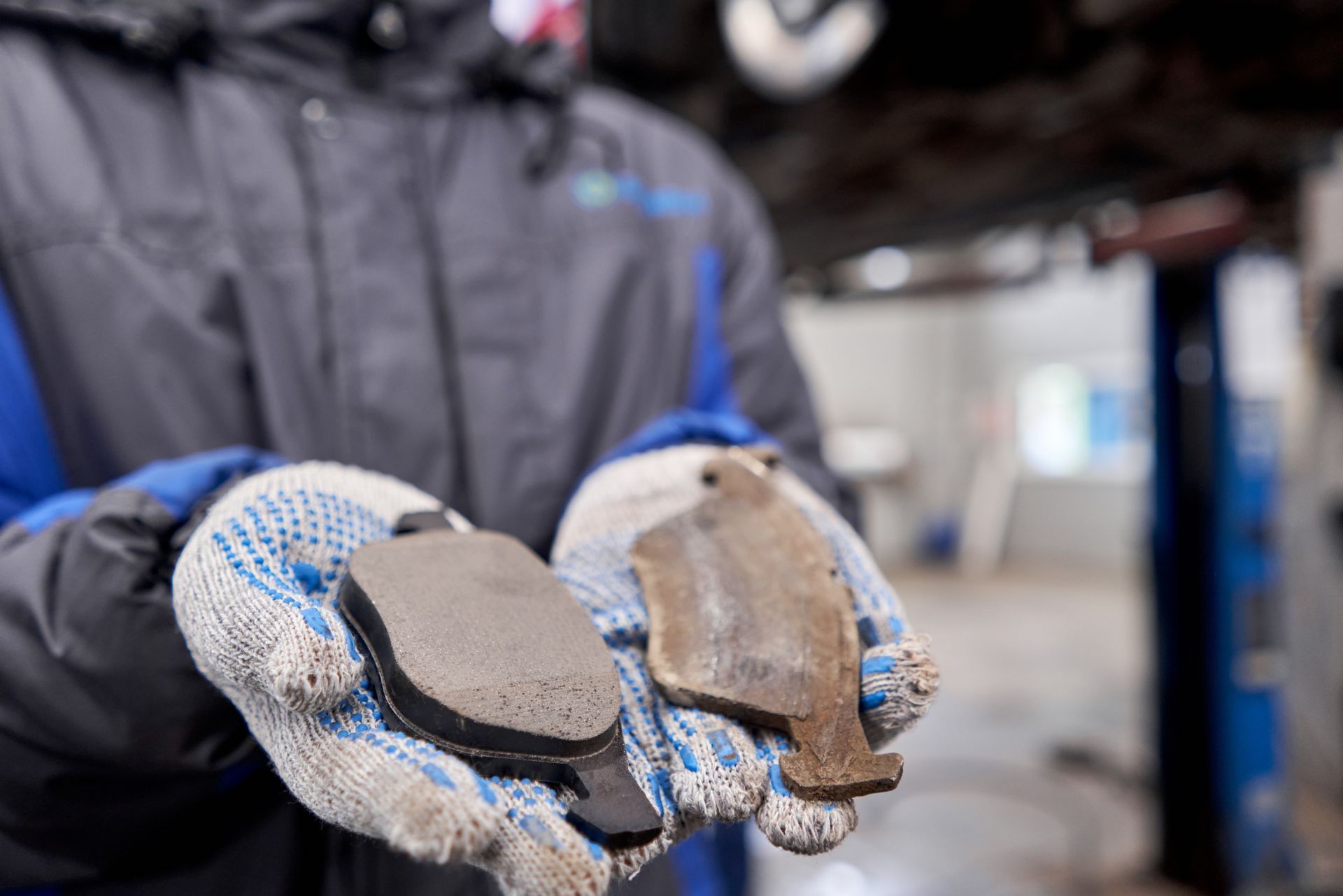If your car or truck air conditioning takes a long time to get cold, Here’s what cold cause the problem:
- A/C compressor is weak, It may build up pressure slowly, or require high rpm to produce normal pressures.
- The Recirculation door is not working. When the system is in Max A/C, the flap should be closed. Unless the flap is closed, hot outside air dilutes the effect of A/C, causing the ac to take a long to get cold.
- Temperature door not operating correctly, If the temperature door isn’t in the Max Cool position, a temperature door even just partly in the wrong position can slow down the cooling by redirecting some of the airflow through the heater.
- Failing a heater control coolant valve to close completely, if at all. The temperature door may be in the right position, but on some systems hot coolant in the core still contributes enough heat to the HVAC case to slow cool down.
- Radiator fan problem with, If it’s a clutch fan, it may be engaging late. If it’s an electric fan, it may be coming on late. In either case, the effect is to reduce airflow (thus affecting cooling), particularly in low speed driving and idle operation. When the fan finally engages or comes on, the condensing improves and the A/C cooling improves.
- HVAC case air leaks, seals between the case and the cowl are deteriorated, hot engine compartment air gets blown into the case and the passenger compartment. It can take a really long time for the A/C to overcome that.
- Slightly low on refrigerant. With some of today’s lower capacity systems, this can account for a huge difference in performance and cause the ac system to take a long time to get cold.
- If you’re still having trouble trying to fix these issues yourself though, then feel free to give us a call or stop by our auto repair shop. We’d be happy to have our experienced mechanic diagnose and repair your a/c problem.
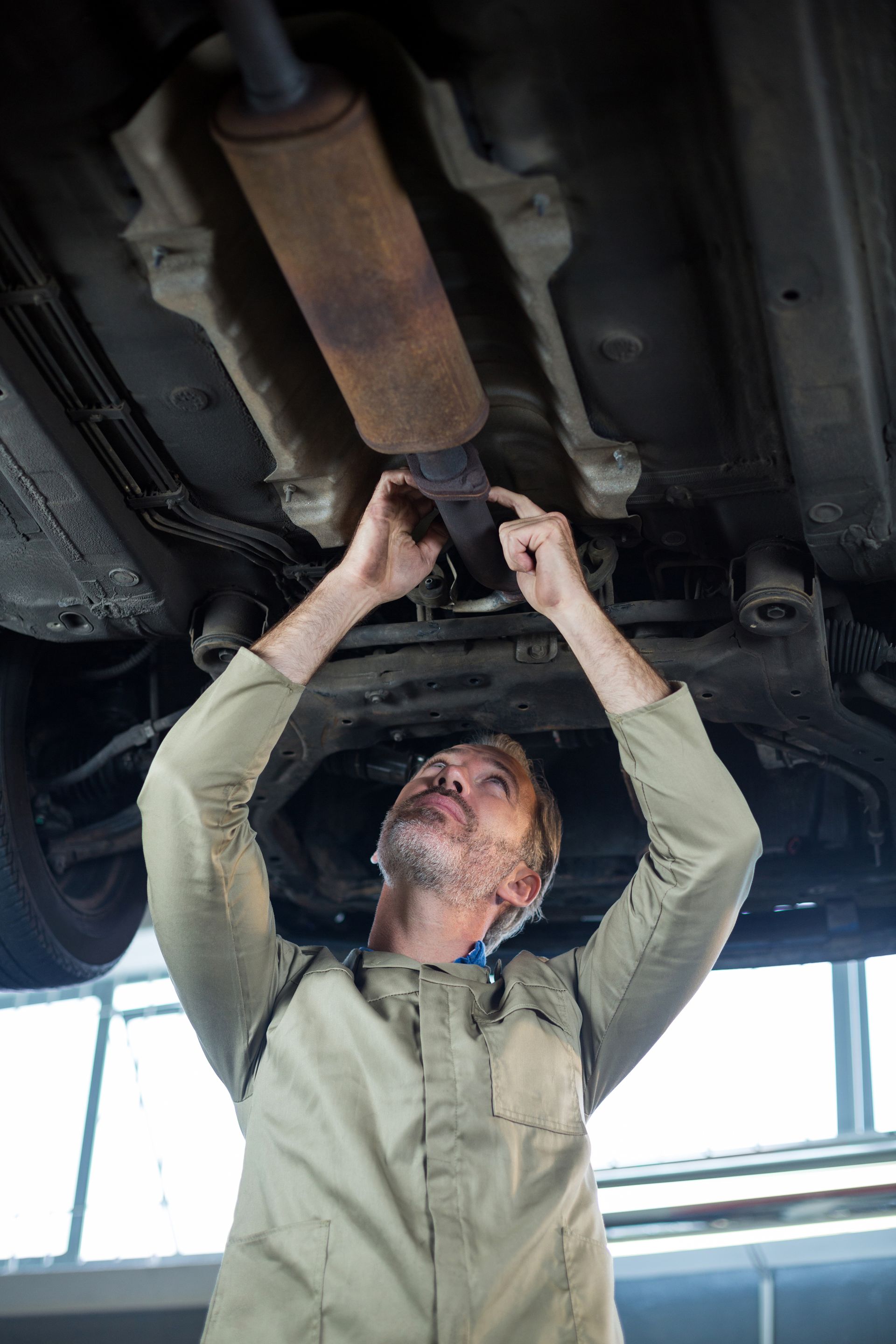
We get it—life’s busy. Between work, family, and errands, it’s easy to ignore that little dashboard light or the weird sound your car makes when you turn the wheel. But here’s the thing: your car is talking to you—and regular maintenance is how you listen. Think of your vehicle like a co-worker who never calls in sick. It’s there every morning, ready to go. But if you don’t take care of it? One day it might just say, “Nope, not today,” and leave you stranded. And let’s be real: there’s no such thing as a convenient breakdown.
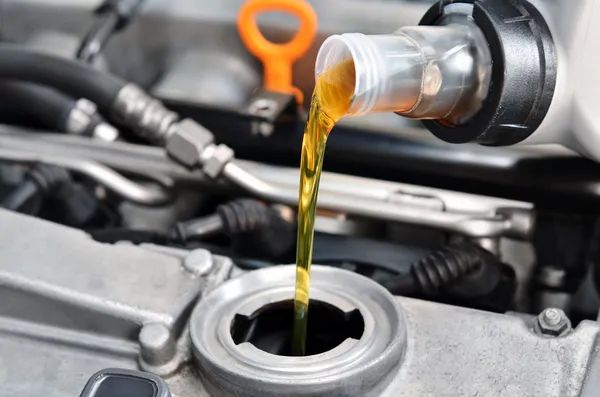
Why Most Drivers Miss Oil Changes, and How to Fix It Imagine this: you go in for a quick errand, just 20 minutes. You hop back in the car, and suddenly that little oil light flicks on. “I’ll get to it next week,” you think. Then next week turns into next month. Sound familiar? Oil changes are the most skipped maintenance service in the U.S.—and they’re also the most important. In fact, 87% of drivers delay their oil changes past the recommended interval , risking thousands in engine repairs without even realizing it. Let’s break down why this happens—and how to stop the cycle before your engine pays the price.
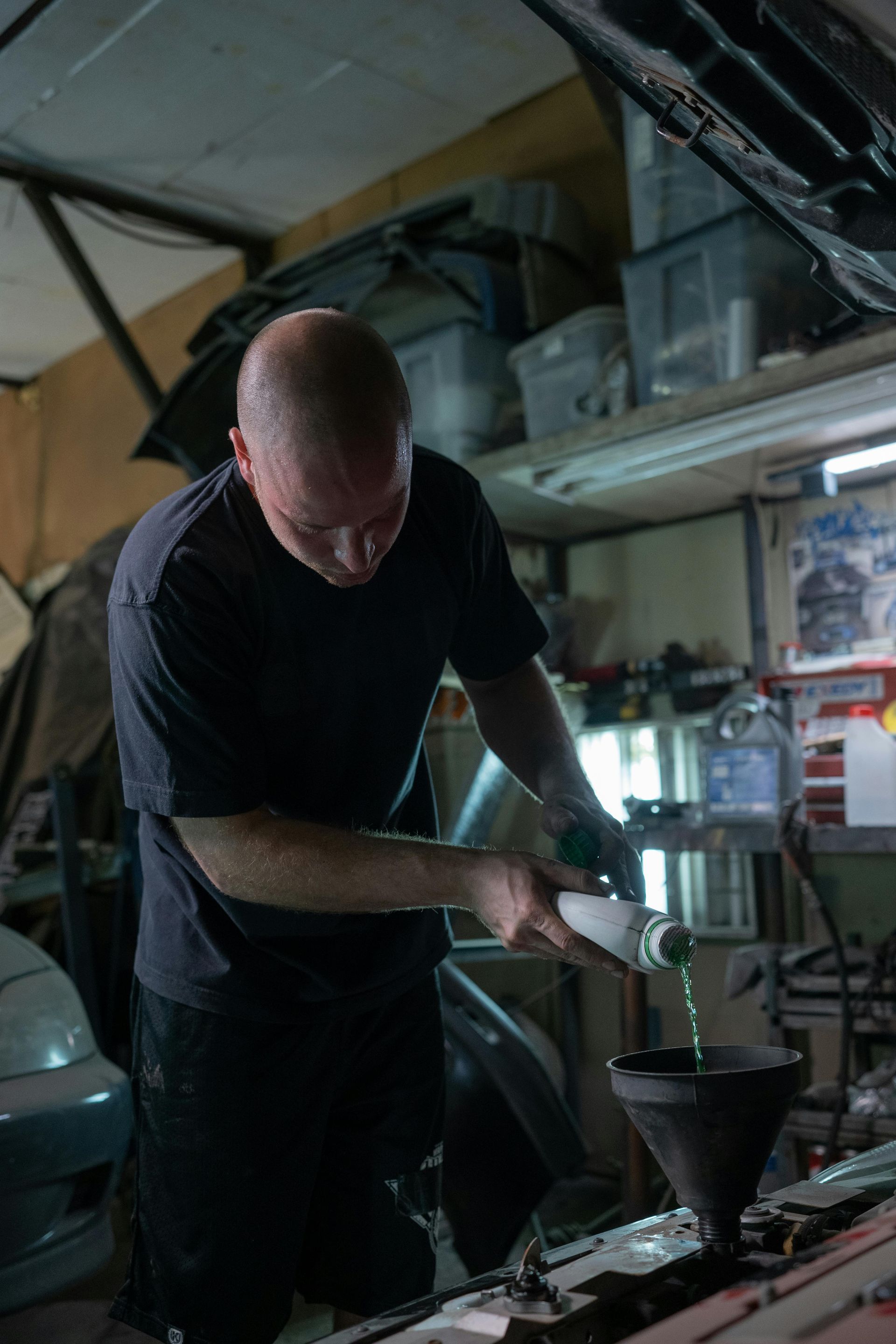
Imagine if your car could talk. What would it say? Probably something like: “Help! My coolant’s cooking, my transmission fluid’s toast, and my brake fluid’s feeling neglected.” Your car can’t speak—but its fluids do. You just need to know how to listen. Welcome to the overlooked world of automotive fluid diagnostics, where color, smell, and texture can tell stories about your vehicle’s health. If you're driving around Houston, battling heat, traffic, and the occasional pothole, this matters a lot.


